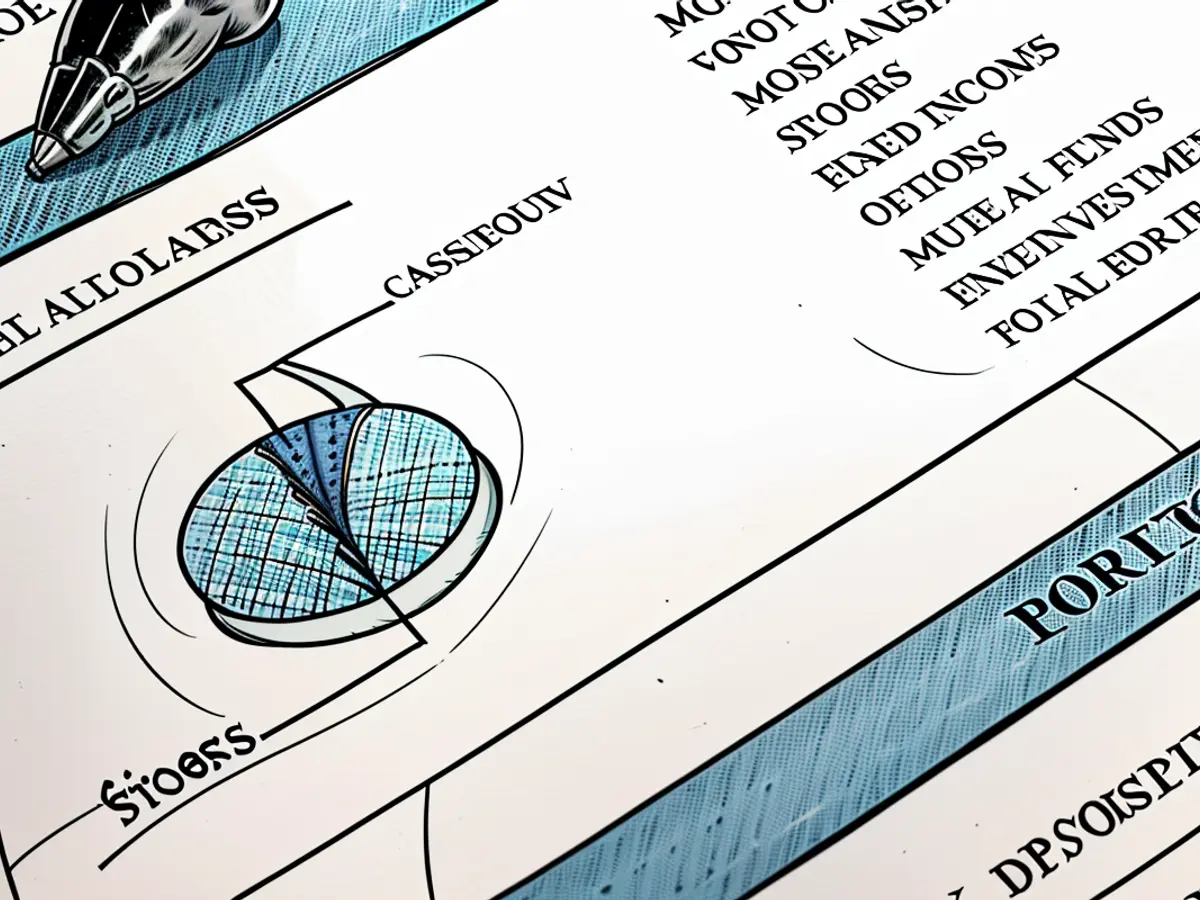'Funding' Your Retirement Account Isn't the Same As Investing
If you have a retirement account—whether a 401k through your employer or an individual retirement account (IRA)—you are already on the path to setting yourself up for financial success later in life. But you can't stop at simply adding money to your retirement account. You need to actually select investments to buy with your cash.
An IRA or 401k is simply a vehicle, not an investment in itself, and if you don't purchase assets with your contributions that align with your financial goals, such as a target date fund or a collection of index funds, your money won't grow (and may even lose value over time due to inflation).
Why investing your retirement contributions matters
Research recently published by the brokerage firm Vanguard found that 28% of investors who rolled over funds into their IRAs from a different account, like a previous employer's 401k, still had those assets in cash after a year. That number jumped to 55% for investors who made direct contributions to their IRAs.
The Vanguard report also found that rollovers that are in cash after a year are likely to still be in cash seven years later, and account holders ages 20–29 are the least likely to move from cash to investments. Since how much time your money is in the market is generally more important than the amount you contribute—thanks to how compound interest works to grow money exponentially rather than linearly—investors who leave their funds in cash are potentially missing out on millions of dollars down the line.
How to ensure your contributions are invested
If you have an employer-sponsored 401k, you probably had the option to select your portfolio when you set up contributions, which are usually withheld from your paycheck, deposited directly into your retirement account, and used to automatically purchase your chosen fund(s). But if it's been a while since you signed up for your retirement plan, you should log into your account with your plan administrator to make sure.
If you contribute independently to a Roth or traditional IRA or another type of retirement plan—or if you've rolled over funds from an old employer's plan to an IRA or new employer's plan—you should absolutely check to ensure you've actually selected and purchased investments. If your money is currently held in a cash or money market account or a settlement fund rather than in mutual funds, bonds, or other investments, do some research or potentially consult a financial advisor to determine your risk level and select a portfolio as soon as possible.
Finally, if you make regular biweekly or monthly contributions to an IRA, you may want to set up automated investments with your brokerage so you don't have to manually purchase funds after each deposit (increasing the likelihood that it'll sit in cash for longer).
In the Vanguard report, it was revealed that investors who made direct contributions to their IRAs were less likely to leave their funds in cash compared to those who rolled over funds, potentially missing out on exponential growth due to compound interest over time. To ensure your retirement funds are invested and not just sitting in cash, you should regularly check your retirement account with your plan administrator or consult a financial advisor if you're managing it independently.








